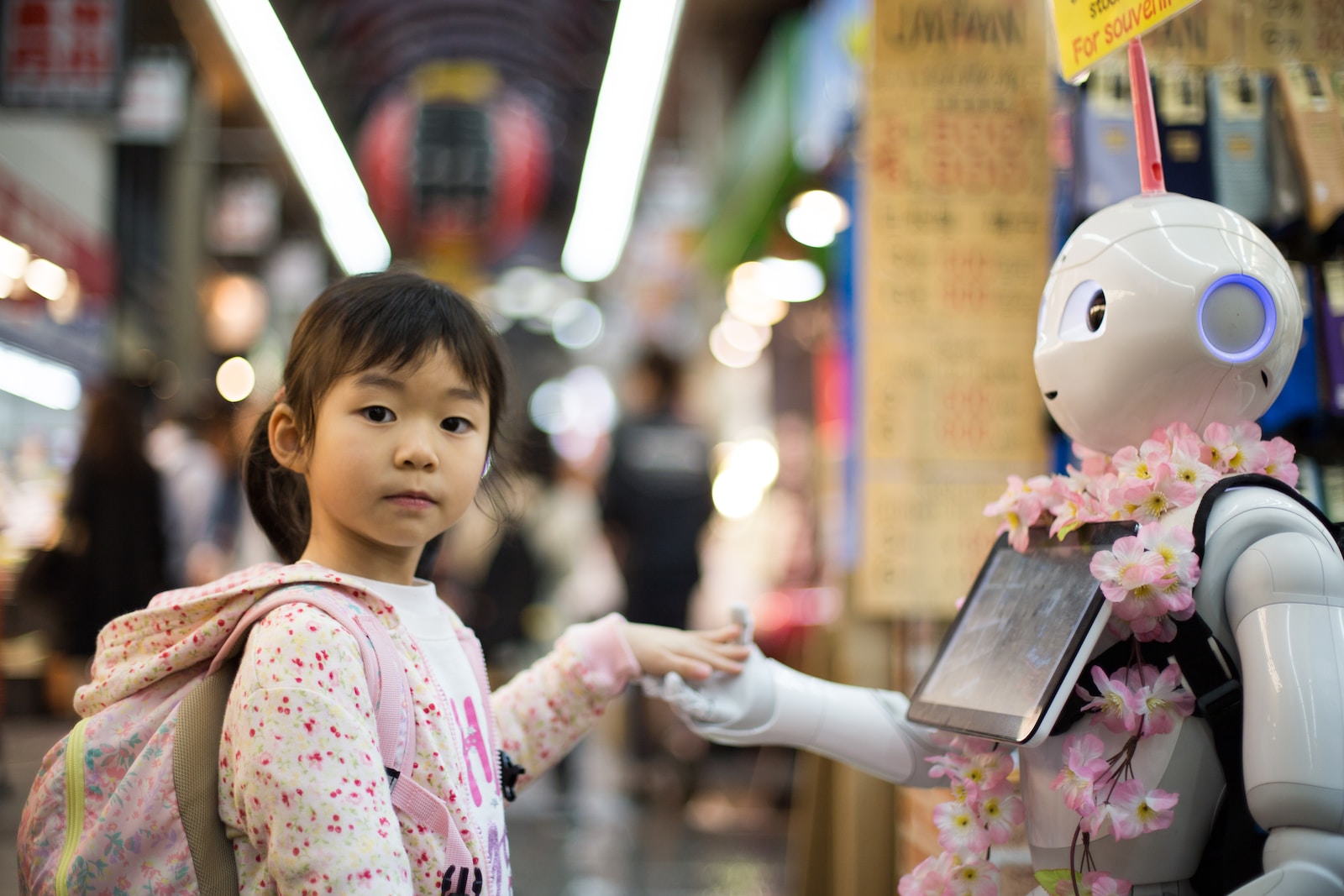
Title: The Future of AI: Transforming Industries and Shaping Societies
Introduction
Artificial Intelligence (AI) has emerged as one of the most revolutionary technologies of our time, steadily transforming industries and leaving a profound impact on societies worldwide. The rapid advancements in AI capabilities, combined with its applications in various sectors, have ignited a new era of possibilities. This article delves into the far-reaching implications of AI, exploring its potential to reshape industries and shape the fabric of societies as we know them.
AI in Industries
1. Healthcare:
AI has already made significant inroads into the healthcare sector, offering groundbreaking solutions to enhance patient care. Machine learning algorithms assist in diagnosing diseases with greater accuracy, analyzing medical images, and predicting patient outcomes. Additionally, AI-driven systems help streamline administrative tasks, optimize hospital operations, and improve drug discovery processes. In the future, AI’s seamless integration with healthcare is expected to lead to more personalized treatment plans, early disease detection, and a better understanding of public health trends.
2. Finance:
The finance industry has embraced AI to revolutionize processes ranging from fraud detection and risk assessment to algorithmic trading. AI-powered chatbots and virtual assistants have improved customer service, while predictive analytics has transformed the accuracy of credit scoring and loan approvals. As AI algorithms become more sophisticated, financial institutions can expect better decision-making capabilities and the ability to navigate complex market dynamics with greater agility.
3. Transportation:
Autonomous vehicles, a pinnacle of AI and robotics collaboration, promise to redefine transportation as we know it. Self-driving cars are on the verge of becoming a reality, with potential implications for road safety, traffic efficiency, and accessibility. Moreover, AI plays a crucial role in optimizing transportation networks, managing traffic flow, and enabling intelligent logistics, which will lead to reduced congestion and environmental benefits.
4. Education:
AI has tremendous potential in the education sector, fostering personalized learning experiences for students of all ages. Adaptive learning platforms leverage AI to cater to individual learning styles, strengths, and weaknesses, enhancing academic performance. Furthermore, AI-driven educational tools aid educators in designing tailored curricula, tracking student progress, and identifying areas that require additional attention.
AI in Shaping Societies
1. Employment Landscape:
The integration of AI into various industries raises questions about the future of work. While AI-driven automation may lead to the displacement of some jobs, it also creates new roles and opportunities. The workforce of the future will witness a shift towards jobs that require creative thinking, emotional intelligence, and problem-solving skills—areas where human ingenuity surpasses machines. Governments and organizations need to proactively address workforce reskilling and upskilling to ensure a smooth transition into the AI-driven economy.
2. Ethical Considerations:
As AI becomes more pervasive, ethical concerns take center stage. Ensuring that AI algorithms are fair, transparent, and accountable is crucial to prevent biases and uphold societal values. Striking a balance between innovation and ethical practices will be imperative in building trust among users and stakeholders.
3. Addressing Inequality:
AI has the potential to either exacerbate existing societal inequalities or become a powerful tool for addressing them. By leveraging AI technologies to improve access to education, healthcare, and other essential services, societies can create more equitable opportunities for all. Governments and policymakers must prioritize responsible AI implementation to ensure that AI’s benefits are accessible to everyone.
Conclusion
The future of AI holds immense promise for transforming industries, enhancing human capabilities, and shaping societies on a global scale. As we embrace this technology, it is vital to foster collaboration between governments, businesses, and academia to harness AI’s potential responsibly and ethically. By proactively addressing challenges and guiding its development, we can ensure that AI truly becomes a force for positive change, propelling us into a more prosperous and inclusive future.





https://shorturl.fm/mFhRB
https://shorturl.fm/mKuO4
https://shorturl.fm/GecnN
https://shorturl.fm/U89ep
https://shorturl.fm/NDWl4
https://shorturl.fm/3tFL5
B777casino is alright. Nothing super special, but their slots are pretty solid. Good if you’re looking for a place to kill some time and have a go. That’s my two cents for now: b777casino
G9777 is another one that needs a second look. I saw some good testimonials, but I remain skeptical. Might try it later for a bit one of these days so who knows. Go give a look at: g9777
Gave p666game a go. Interface is alright, nothing special. Could do with a bit more going on but will be good enough for anyone new to the format. Take a look here: p666game
Share your unique link and earn up to 40% commission!
BetWinnerLogin, been there done that. Fair selection of games and decent odds. Always worth checkin’ out what they’ve got on offer these days. Visit the site: betwinnerlogin
Just tried 777maxwin and the slots are fire! Definitely gonna be back for more spins. Check it out 777maxwin
If you’re looking for some Thai betting action, bj88thailand is where it’s at. Good selection and easy to navigate. bj88thailand